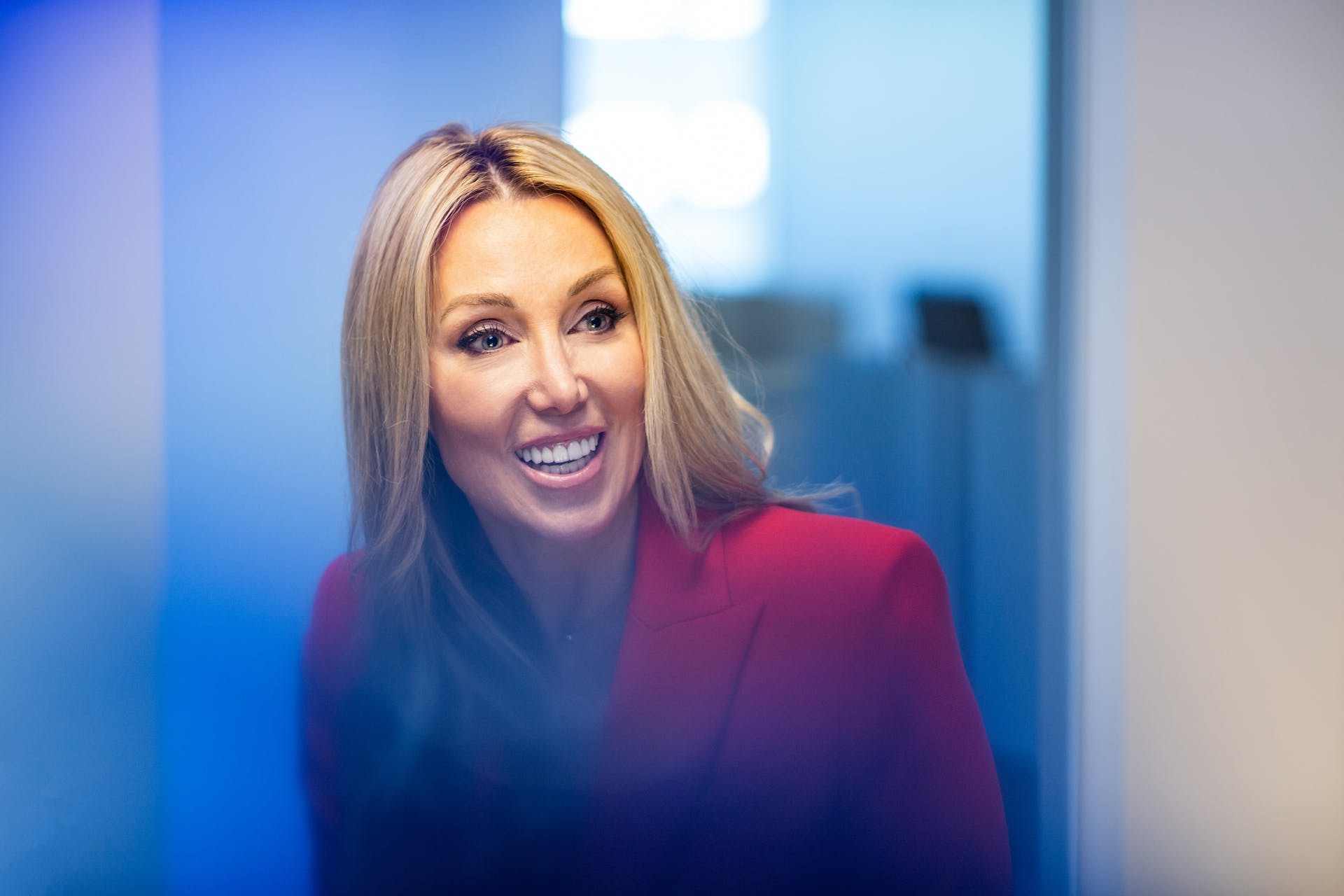“Tumultuous” might be an understatement for what we all went through last year. In fact, 2020 set so many things in motion that in some ways it seems like we’re still playing catch-up, which is why in this article I’ll be revisiting two of them: digital transformation and diversity. Let’s look at the state of these two “D’s” in the accounting space, examine the fallout from 2020 and lay out some tips to help organizations succeed on the road ahead.
Digital Transformation: Aligning Tech Investment With Development Initiatives
Along with COVID-19, fast-tracking digital transformation may have been the theme of 2020, impacting all industries — and that doesn’t look like it’s going to change any time soon. In fact, global investment in digital transformation projects, which netted out to an impressive $469.8 billion in 2020, is expected to surpass the $1 trillion mark by 2025.
The accounting space is in no way immune from this kind of disruption, of course. Yet at many organizations, there does seem to be a lingering sense of ambivalence as well — and often, it extends all the way to the top of the chain of command. For example, one study found that while the majority of CFOs say they’re fully open to adopting the latest digital technologies, 82 percent of them are concerned that cultural factors within their organizations might stand in the way of their ability to implement automated technologies, workflows and more. (Interestingly, nearly the same number — 79 percent — were worried about the impact of these technologies on their own job security, according to the same survey.)
With all of that in mind, however, now might be a good time for accountancies to hit the pause button on their digital investments and check in with their workforces. Just think of it as your overall-digital-readiness audit. What are your strengths from a human capital standpoint? What skill areas do you have in abundance — and what competencies will you need to cultivate going forward? Finally, is everyone on the team willing to commit to upskilling and reskilling where necessary to make the journey a success?
This last question, in particular, can help align everyone on your team, while also assuaging any fears they might have. Needless to say, it might in turn force you to enhance the reskilling, upskilling and development programs you offer to your team — and if so, that’s a good thing. After all, the benefits will be twofold:
- Best-in-class internal reskilling, upskilling and development programs allow you to proactively build out competencies for the future based on resources you already have today. You’re maximizing the value of your human capital, in a nutshell.
- These programs can be a differentiator for your employer brand over time as well. Now, in addition to having stronger team members, recruiting and hiring just got a little bit easier, too.
This is a smart move on so many levels, particularly in the accounting space, given the all-round competitiveness of the hiring market right now (especially if you’re hiring for one of today’s most in-demand accounting jobs). As many organizations are finding out the hard way, looking externally every time you need to add a key competency often amounts to a cost-prohibitive, time-consuming proposition of late.
Diversity: Building Layers of Accountability
Digital transformation aside, what’s the state of diversity at accounting firms in general today? There was certainly a lot of talk around enhancing diversity and inclusion (D&I) in the accounting space last year, but what about action? Namely, what can accounting firms do if they’re struggling to move the needle?
A few tips from my experience as a human capital leader:
- Ensure you’re starting with an appropriately diverse talent pool. This sounds obvious, but you’d be surprised how often the process gets undermined in these early stages. The right inputs lead to the right outputs.
- Analyze your end-to-end hiring process and introduce accountability checks wherever possible. Having this added level of transparency during the execution stage is key.
- Hiring diverse talent at the leadership level is often an important first step. This might sound counterintuitive, especially if you’re looking to significantly increase the number of employees from underrepresented groups at your company. But hiring at the top first, and then working down, can effectively send the message that you’re serious about your commitment — and from there, it should help you attract more diverse hires down the line.
As any industry veteran will tell you, this is one area where we all need to do better. Women, and women of color in particular, remain woefully underrepresented in the field, according to the latest data from McKinsey. However, I remain optimistic that better hiring processes — and when needed, working with better-aligned talent partners — can lead to meaningful change. For now, I hope the tips and guidance I’ve shared will help you deliver on your D&I goals and lead to more equitable accounting workforces for all.
==========
Jodi oversees the field organization and provides strategic direction for Randstad Life Sciences, Randstad Professionals and Tatum. With more than 20 years’ experience in the staffing industry, Jodi’s entrepreneurial drive and strong business acumen have enabled her to consistently increase revenues, grow profits and deliver ROI. Her breadth of expertise spans team building, strategic planning and execution, M&A, branding, social media and multi-generational leadership.
Thanks for reading CPA Practice Advisor!
Subscribe Already registered? Log In
Need more information? Read the FAQs
Tags: Benefits





